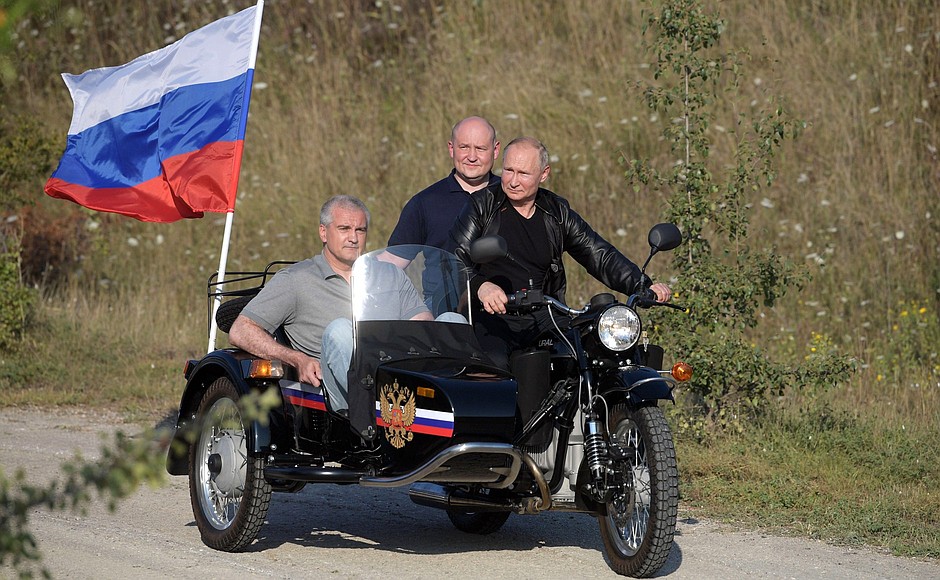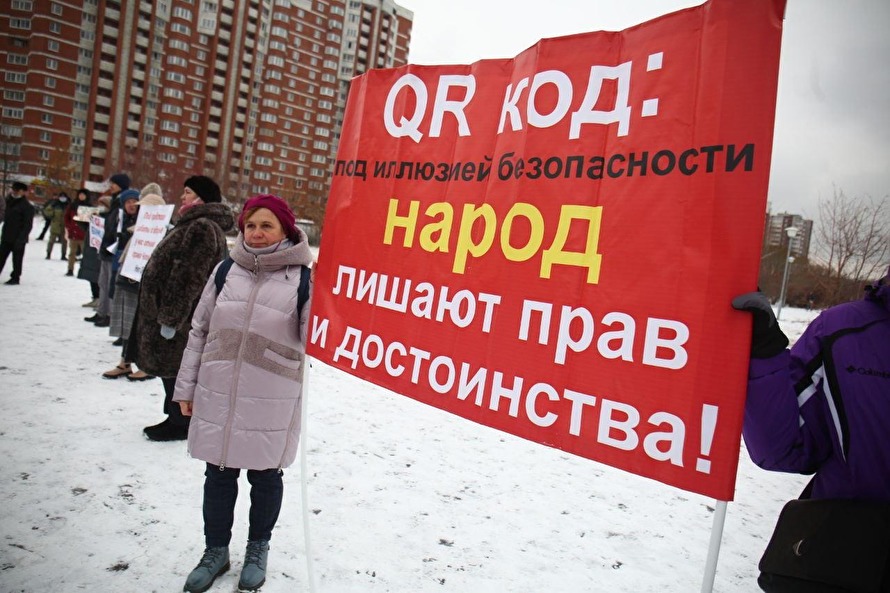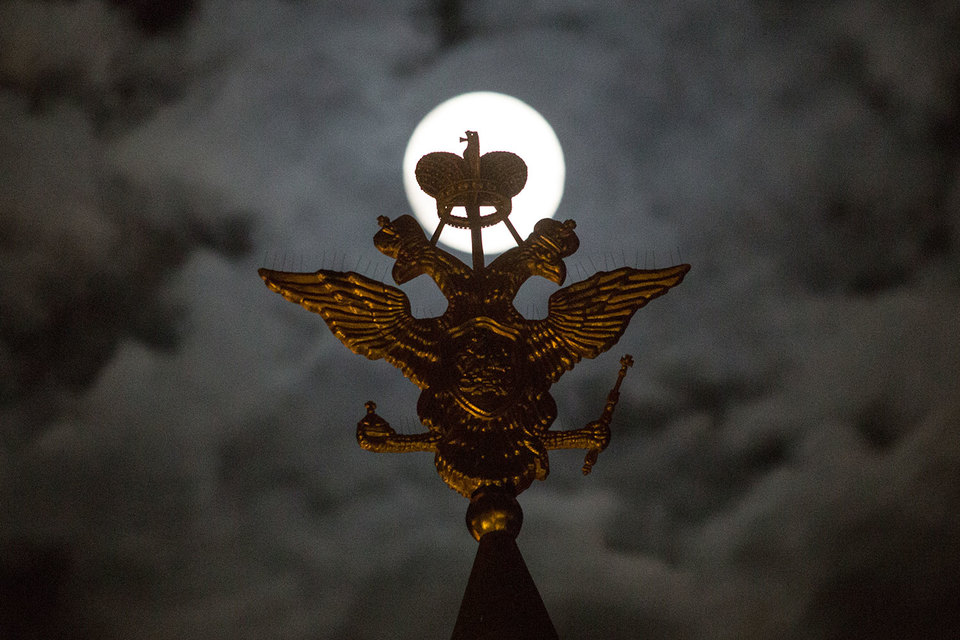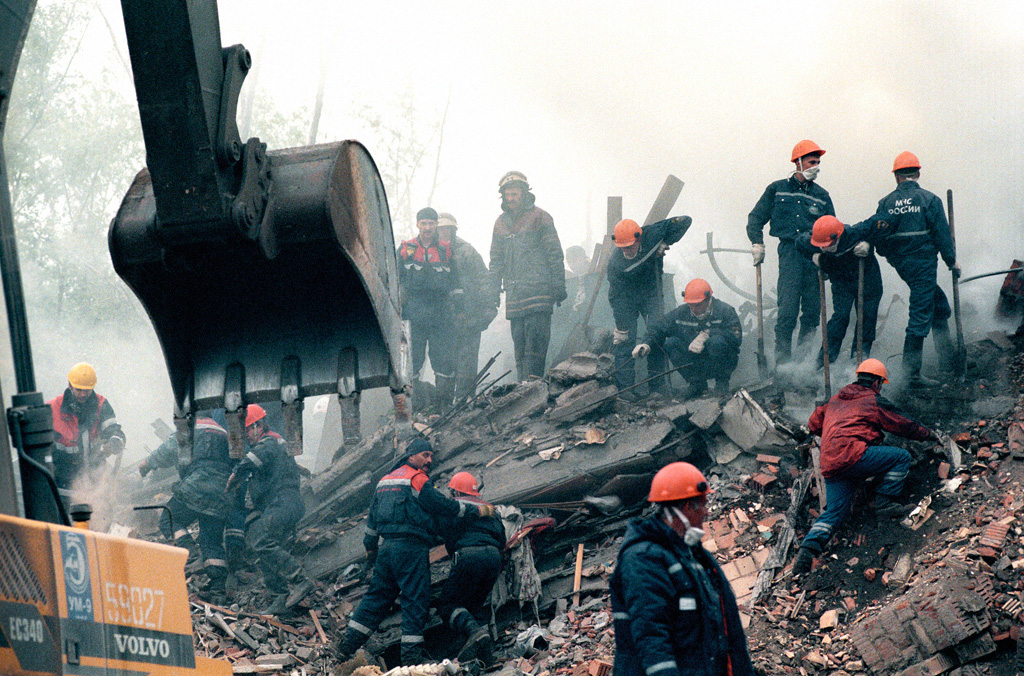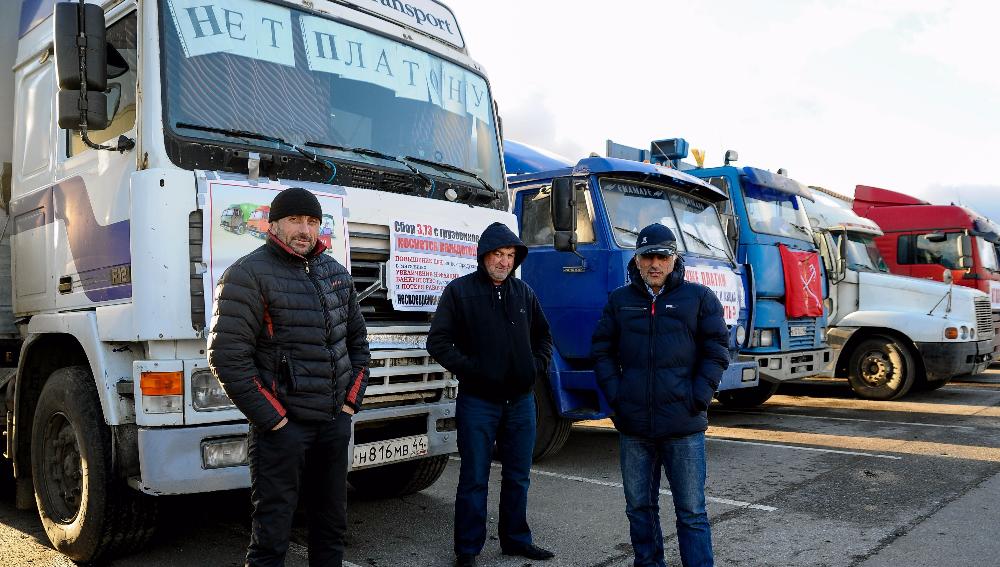In addition to everything else, the Anschluss not only meant that Russia is was again like the USSR (given the Baltic countries), a state with only partially recognized borders but also created new problems for domestic territorial arrangements within the country, Luzin says.
On the one hand, except for Moscow and some of its closest clients, members of the international community do not recognize Russia’s occupation of Crimea and Sevastopol, a reality that undoubtedly reminds the Kremlin of the situation before 1991 when most Western countries did not recognize the Soviet occupation of Estonia, Latvia, and Lithuania.
Many both in Russia and the West believe that the West’s non-recognition policy with regard to the Baltic countries not only encouraged the non-Russian union republics to seek independence but made it far easier for Western governments to move from recognizing the continuing independence of the former to recognizing the new independence of the latter.
By annexing Ukraine’s Crimea, Putin has thus put a delayed-action mine under the Russian Federation potentially far more serious than any he continues to blame Soviet leaders for doing, something that explains his obsession with including in the constitution and drafting new laws against any call to change Russia’s borders against Moscow’s interests.
Putin has made this problem worse, Luzin suggests, by keeping the door open to moving them in the opposite direction and expanding Moscow’s rule over an ever greater territory, an approach that has further undermined the notion that the borders of the Russian Federation are really permanent.
And on the other hand, because of two decisions Putin made following the Anschluss, Moscow potentially faces more challenges to its rule than anyone could have expected. It absorbed Crimea as a republic but delinked it from ethnicity, and it allowed the relatively small city of Sevastopol to enter the Russian Federation as a federal subject.
The first of these, obviously, raised the possibility that other federal subjects not defined in ethnic terms could aspire to republic status, something that is now on view in the Khabarovsk demonstrations. And the second raised the equally unsettling notion that other Russian cities larger than Sevastopol could aspire to a similar status.
Those two innovations, along with Putin’s push for the establishment of “federal territories” to be run directly from Moscow, have the potential to disorder the entire system of federal arrangements that the Russian Federation inherited from the Soviet Union, at the very least provoking debate and more likely in the current climate creating demands.
To prevent that from leading to what the Baltic and union republic experiences did in 1991, Putin has thus become obsessive about punishing anyone who talks about any revision of federal arrangements, something that he clearly recognizes could tear the country apart even though he bears full responsibility for creating this situation.
“And although Russian society so far has avoided a wide discussion of these issues,” the Perm scholar says, “for the Kremlin they are real questions of political survival.” And its new laws punishing any questioning of the country’s borders are its attempt at creating “a defense mechanism,” although in fact, such laws have the opposite effect, calling attention to the problem and its seriousness.
Read more:
- “We’re against the Putin regime!” Fifth day of protests in Russia’s Far Eastern city of Khabarovsk
- Every meek pointless protest in Russia is a nail in the regime's coffin
- Russia intentionally ignores the fact that Ukrainians, Belarusians, Balts populated the Russian Far East, not Russians
- Russians repress Ukrainians in Far East and threaten to deport Crimean Tatars there
- Documentary “Crimea. As it Was” shows the very beginning of Russia’s occupation of the peninsula
- ‘Chinese question’ looks far more threatening in Siberia than in Moscow
- Sanctions on Russia are working, but they're not enough
- Russia’s replacement of population in occupied Crimea violates Geneva Convention – UN report
- Russia’s deportation of Ukrainians and Crimean Tatars from occupied Crimea a “neo-imperial policy tool” – report
- Military base instead of a resort: Crimea four years after the occupation
- Hitler’s anschluss and Putin’s: Similarities and differences
- Moscow deliberately undercounting ethnic Ukrainians in Russia, Kyiv official says
- Japanese expert: Ethnic Ukrainians form 60% of Northern Territories’ (Kuriles’) population
- A real ‘wedge’ issue: Ukrainian regions in the Russian Federation
- Kuban might pursue independence but won’t become part of Ukraine, Russians say

